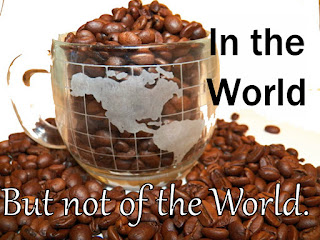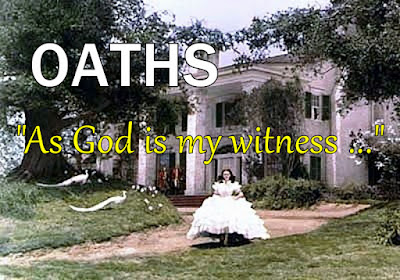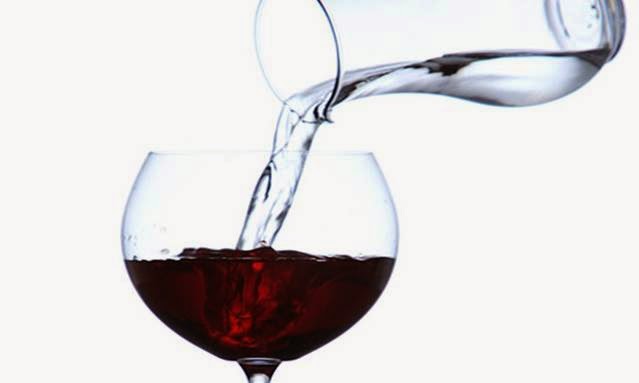WHAT DOES THIS MEAL MEAN TO YOU?
For Lent, our church is studying Twenty-four Hours that Changed the World by Adam Hamilton. We begin with the Lord's Supper. We started early because this is the weekend we celebrate Holy Communion.
Exodus 12:21-28
Mark 14: 22-25
One question summarizes the
four questions asked during the Passover meal. Why is this night different from
all other nights?
If that’s not an invitation
to tell a story, I don’t know what is.
Stories are important. Through stories, we learn about our family
and who we are. By telling stories, life lessons, values and a sense of community are passed along from one generation
to the next. Stories have the power to bring different people from different cultures
together.
I remember one particular
episode of Star Trek, the Next Generation, shere Captain Pecard is
in a life and death situation with an alien whose race who communicated through
references to his people’s epic legends. The two are united in their cause when Pecard
uses a reference from the story of Gilgamesh and Endiku, an ancient Mesopotamian
saga, to bridge the gap between them.
Some stories are so
important that they are ritualized so that each new generation incorporates
them into their lives and makes them their own
The story of the delivery of the people of Israel out of slavery is one
of these. God commanded that the
Israelites celebrate their freedom and the reaffirmation of the covenant God
had made with their ancestor Abraham.
They were to celebrate the story of God's deliverance through the Passover Feast. Reclining at the table to symbolize their status as freed people, they ate foods that helped in the telling of the story: four cups of wine for the blood of the lamb
and the promises God made to his people; matzoth (unleavened bread) reminding
the people they fled Egypt so quickly that their bread did not have time to
rise; bitter herbs representing the sorrow of the enslaved Israelites; salt
water for the tears shed and the parting of the Red Sea, to name a few.
On the night on which
Jesus, the Lamb of God, gave himself up for us so that through his sacrifice we
might be delivered from slavery to sin and death, Christ gave new meaning to
the Passover meal. As host, Jesus led his
disciples through the Haggadah (“telling”),
the ritual of the Sedar (Passover meal). The youngest disciple present was assigned to
ask the four questions that lead into the telling of the Passover story.
After the eating of the
bitter herbs, the Matzoth is served. Traditionally, the middle piece is broken in half, wrapped it in a napkin and hidden. Instead, Jesus shared it with the
disciples and said them, "This is my body broken for you. Do this in remembrance of me.”
Jesus told those
present that God had heard their cries and yearnings for a Messiah, and that
he, Son of Man and Son of God, was God’s loving response. Jesus, God incarnate, had come among them,
willing to be broken for their sakes, so that humanity could be freed from
slavery to sin and death.
Later, after the supper,
the third cup of wine, the Cup of Redemption was served. It represents God’s promise, “I will redeem
you with an outstretched arm.” Jesus
offered the traditional blessing and then said, “This is my blood of the covenant poured out for many." Here Christ announced that he was to become the
sacrificial lamb. By his own blood
through his life, death and resurrection, all those who would believe on him
would be protected from spiritual death and receive the gift of eternal life.
The sacrament of the Lord’s
Supper was instituted by Christ so that the story of his sacrifice and God’s
great love for us could be passed from generation to generation. Each time we receive the bread and the cup,
symbols of God’s grace, God’s love in action, being poured out upon us, our
participation embraces this powerful story and incorporating it into our own.
This story belongs to each
of us and brings believers of all races, cultures and nations together as God’s
people in the Body of Christ. It is a
story of salvation, deliverance and thanksgiving, celebrating God’s promises
made and kept as well as the promise of Christ’s future return and the
redemption of all creation. In the
telling of the story, we are reminded that we are a people with a mission -- called
by God, redeemed by the blood of Christ, united by the Holy Spirit to take out
into the world the Good news of Jesus Christ and to be instruments of
reconciliation and transformation.
Why is this meal different
than any other? What does the Lord’s
Supper mean to you? If a child asked you
these questions, what story would you tell?



Comments
Post a Comment